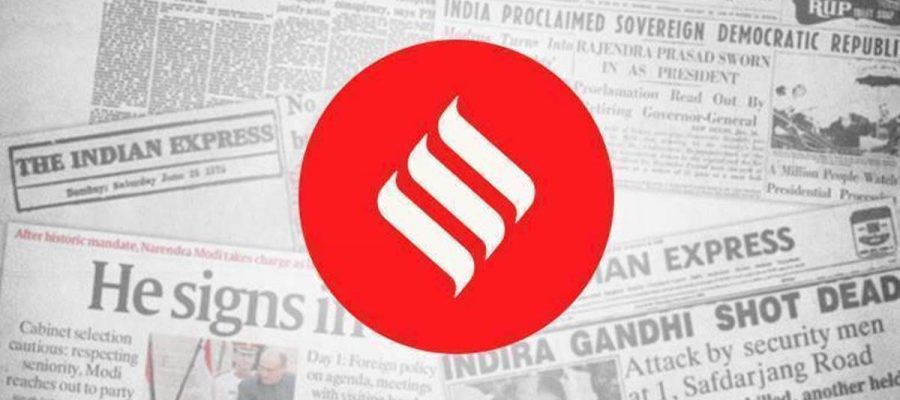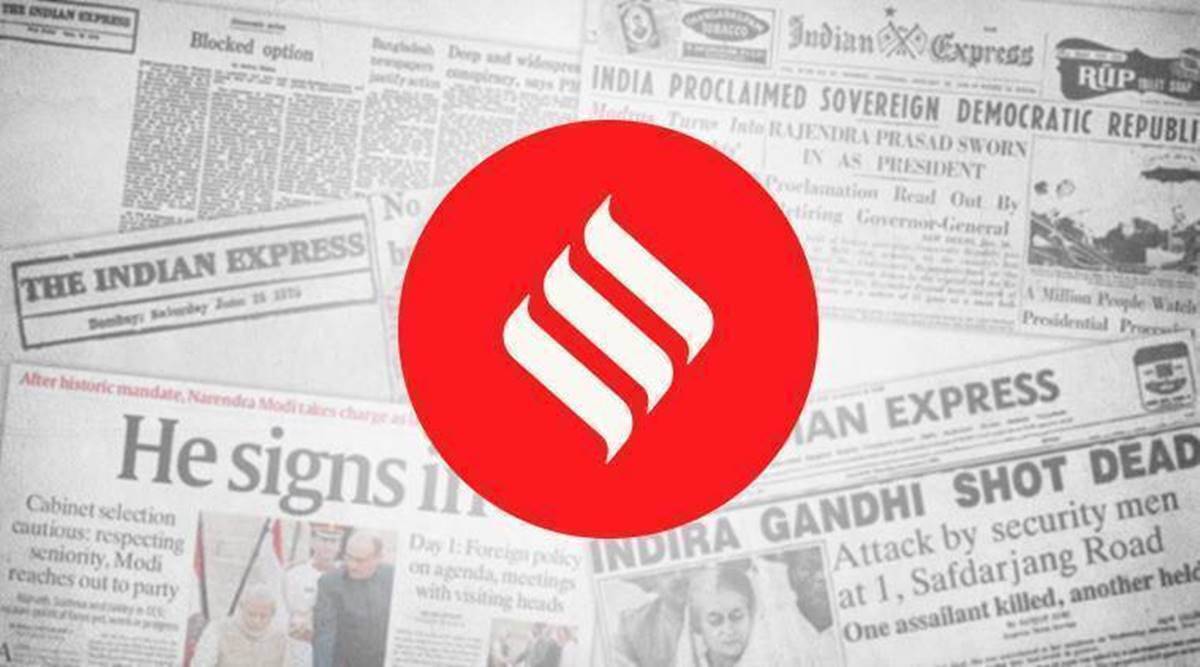Jaishankar's strong words for a united stand against terrorism contained veiled references against both Pakistan and China — the latter has blocked the designation of Pakistan-based terrorist groups in the past.
The Taliban takeover of Afghanistan has added several layers of difficulties to the fraught India-Pakistan relationship. The relationship of the Pakistan Army and ISI with the Taliban, especially the Haqqani network, is an open secret. Their influence over the processes that took the Taliban speedily to Kabul when American forces began withdrawing from the country was also apparent. For at least three years, if not more, security officials in the now deposed government of the Republic of Afghanistan and Indian intelligence reports have pointed to Punjabi fighters supporting the Taliban’s military push. By all accounts, cadres of anti-India groups such as Laskhar-e-Taiba and Jaish-e-Mohammed made common cause with the Taliban and fought American soldiers and Afghan security forces alongside them. The connections between Islamic State of Khorasan Province (ISKP), the Afghanistan chapter of ISIL, with LeT came to the fore when after the arrest of its top leader in Afghanistan last year following the horrific attack on a Kabul gurdwara, it was revealed that he was a former Lashkar commander. The National Directorate of Security, the Afghan intelligence agency in the erstwhile government, other ISKP cadres with connections to the ISI, had been among those arrested for the attack. The links between these groups and their connections to the deep state in Pakistan were always a concern, but the military conquest of Afghanistan by a fundamentalist group and the emboldening effect it is bound to have on outfits such as LeT and Jaish, among many others, has increased that concern manifold.
This was the context in which External Affairs Minister S Jaishankar flagged the threat posed by terrorism at a United Nations Security Council meeting earlier this week. The minister singled out the Haqqani network, which is allied to the Taliban and is known to have the unstinted backing of the ISI, and the LeT, Jaish and ISKP for special mention. His strong words for a united stand against terrorism contained veiled references against both Pakistan and China — the latter has blocked the designation of Pakistan-based terrorist groups in the past. It is significant that at the meeting, the third special event organised by India during its month-long presidency of the UNSC, China joined other countries, including the US and UK, in making the demand for holding the Taliban to its commitment that it will not allow Afghanistan to be used by terror groups.
As Pakistan is in the driving seat of developments in Afghanistan, and has effectively achieved what it has long wanted — Taliban rulers in Kabul — it too should be prepared for greater scrutiny of its actions. Minister Jaishankar has set in motion a narrative that is likely to dominate domestic debates on Pakistan. In the current situation, the possibility of normalisation of ties with Pakistan, which had come to the forefront with the revival of the ceasefire on the LoC, has receded once again. The benefits of the ceasefire are not small, but it would be difficult to sustain this fragile truce without a wider bilateral engagement.
This editorial first appeared in the print edition on August 21, 2021 under the title ‘A sharper edge’.
Source: Read Full Article


